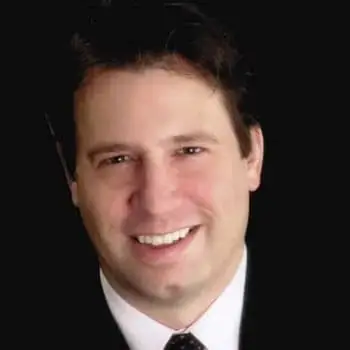DMT addiction is usually more similar to process addictions than to other drug addiction. High quality treatment can help people take the first step toward recovery.
The hallucinogen DMT is not considered to be addictive because it does not produce tolerance and withdrawal symptoms and does not usually cause the same addiction cycle (drug use-withdrawal-preoccupation with using-drug use) seen in addiction to other drugs, such as opioids or alcohol. However, DMT can produce a psychological dependence that leads to the habitual use of the drug, similar to the pattern of addiction that is seen in behavioral addictions, also referred to as process addictions.
DMT use is complicated by other substance use polysubstance use and may be exacerbated by a co-occurring mental health disorder. As well, DMT use may cause residual or ongoing psychotic symptoms. As such, DMT use may be addictive in some individuals, and some habitual users of DMT may need help to stop their drug use and return to good health and function.
DMT Addiction Treatment Options
There are a variety of options available for treating addiction. The type of DMT treatment for those who need help depends on each individual’s needs and personal situation, and the nature of the drug use. The important thing is to identify and address the specific issues that led to each individual’s drug use, and to heal the psychological damage caused by the addiction and related behaviors.
Treatment Can Be Life Changing. Reach out today.

Behavioral Therapies for DMT Addiction Treatment
Since DMT addiction has a large behavioral element to it, DMT addiction treatment includes a special emphasis on using evidence-based behavioral therapies.
Behavioral therapies address the dysfunctional thinking and beliefs that underlie drug use behaviors and psychological dependence. These therapies may be delivered in a combination of individual and group settings. Behavioral therapies include:
- Cognitive behavioral therapy (CBT)
- Dialectical behavioral therapy (DBT)
- Rational emotive behavioral therapy
- Motivational Incentives
How Long Does Rehab Take?
Various DMT addiction treatment program lengths may differ between various facilities. The length of the program that an individual may choose may depend on the level of drug use and the presence of complicating factors, particularly in cases of dual diagnosis or polysubstance use. On average:
- Detox is usually around seven days
- Residential programs average 21 to 90 days
- Long-term residential care programs are usually 3–12 months
- Outpatient programs depend on the intensity of the program, but they usually range from a few weeks to three months
According to data from the U.S. Substance Abuse and Mental Health Services Administration (SAMHSA), the average length of stay in drug rehab in general is:
- 90 days for outpatient medication-assisted therapy
- 78 days for non-intensive outpatient treatment
- 42 days for intensive outpatient treatment
- 39 days for long-term residential treatment
- Five days for medication-assisted detoxification











